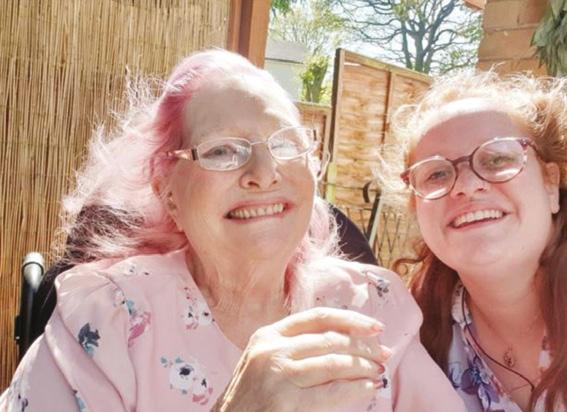MEDICO-LEGAL
Traumatic Brain Injury (TBI) AND THE HIDDEN LOSSES IN FAMILIES Following a TBI, many people experience physical and cognitive impairments, as well as psychological and behavioural changes. Sometimes the full extent of any residual impairments are not fully realised by the family until their loved one is discharged home. Inevitably, when discharged, the dynamics of the family can be irrevocably changed as family members frequently take on different roles, including that of carer.
T
he way that the family adapt to the changes in their loved one, as well as the interacts and relates to changes occurring to their life. Following TBI, it is evident the outside world may that psychological input for the family needs to be also change as time is considered as a crucial part of the rehabilitation process. spent on caring for the injured Furthermore, while there is some research on the family member rather than impact on parents and spouses/partners there is little engaging in premorbid social and research looking at the impact on siblings. Depending on Dr.Caz Lyall recreational activities. In some the age of the siblings when the TBI took place, it can have instances, this traumatic event may draw families a devastating impact on their psychological wellbeing. together while others may be torn apart. It is well This lack of consideration means that no therapeutic known that TBI increases intervention is provided the risk of marital and no financial award in The way that the family breakdown (Wood and the case of litigation for any Yurdakul,1997). It is arguably an under interacts and relates to the outside input. Injury to the frontal addressed area of need in world may also change as time is lobes, is one of the main litigation. features of TBI, causing To conclude, TBI is a spent on caring for the injured subtle personality changes, wide-reaching event and family member rather than which are mostly observed affects the wellbeing of the and experienced by parents, whole family. engaging in premorbid social and partners, and siblings. The person they knew, now Dr.Caz Lyall PhD, MA, MSc, recreational activities. behaves, sounds, and acts BSc (OT) is an independent differently and family Occupational Therapist members experience a loss for the person that they used specialising in complex neurology, PTSD and loss of service. to know before the TBI. It is, as if their loved one has died. She is also an Expert Witness with Somek & Associates. This can give rise to feelings of loss and guilt as loved ones grapple with their emotions and try to adjust to the changes. Unsurprisingly, the literature demonstrates that parents and partners experience high levels of depressed mood, anxiety, and carer burden (Ponsford et al 2003, Gillen et al 1998, Marsh et al 1998, Sander et al 1997, Brooks et al 1986, 1987, Ennis et al, 2013). Linn et al (1994) found that family carers who reported higher levels of social aggression in the person with the head injury also experienced higher levels of depression. Contact: Somek & Associates Ltd Research demonstrates that family members need Tel: 01494792711 | Email: admin@somek.com support to help them through the grief process and to Web: www.somek.com
sevenstarmedia.co.uk
2021/2 2
73


























































